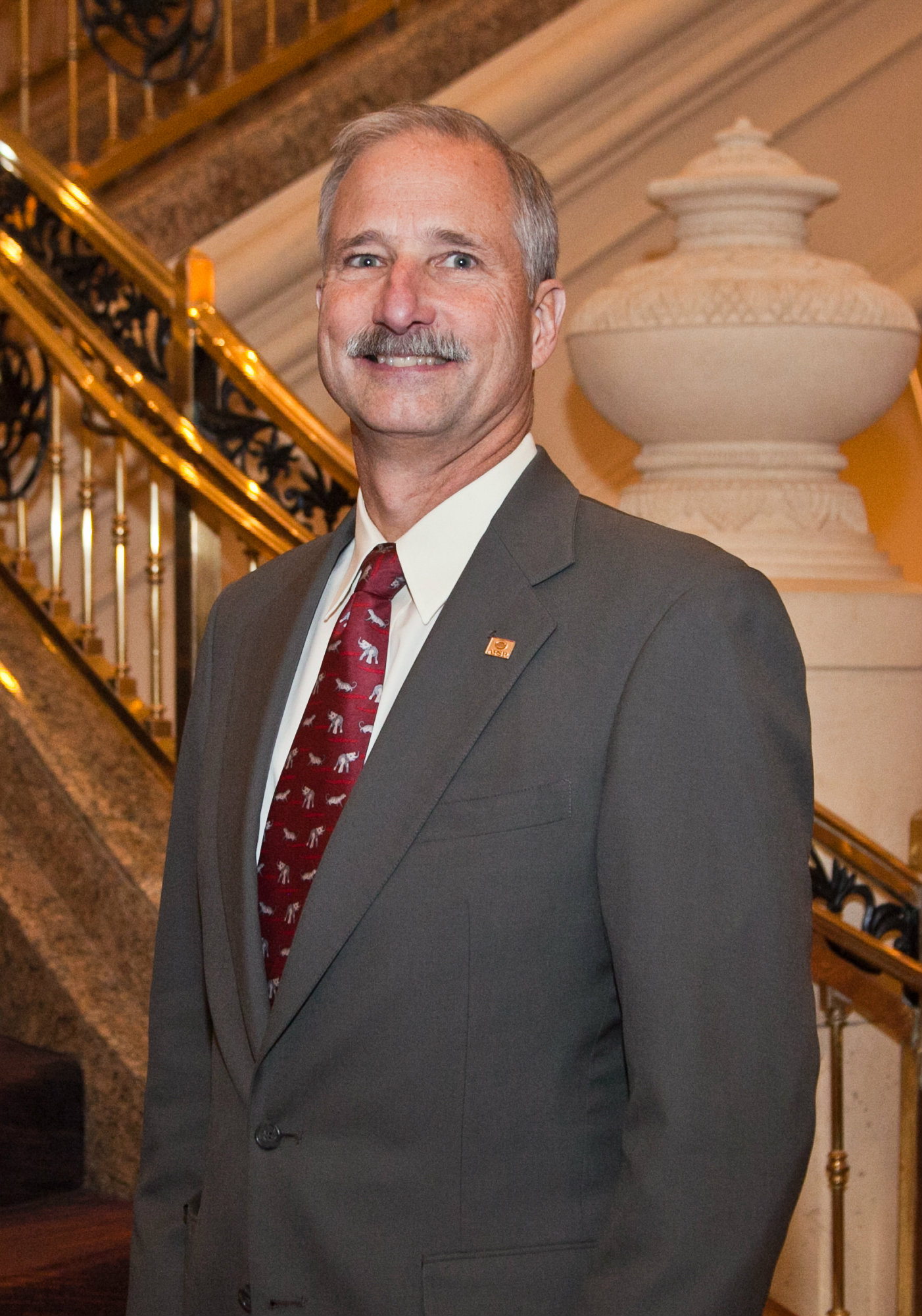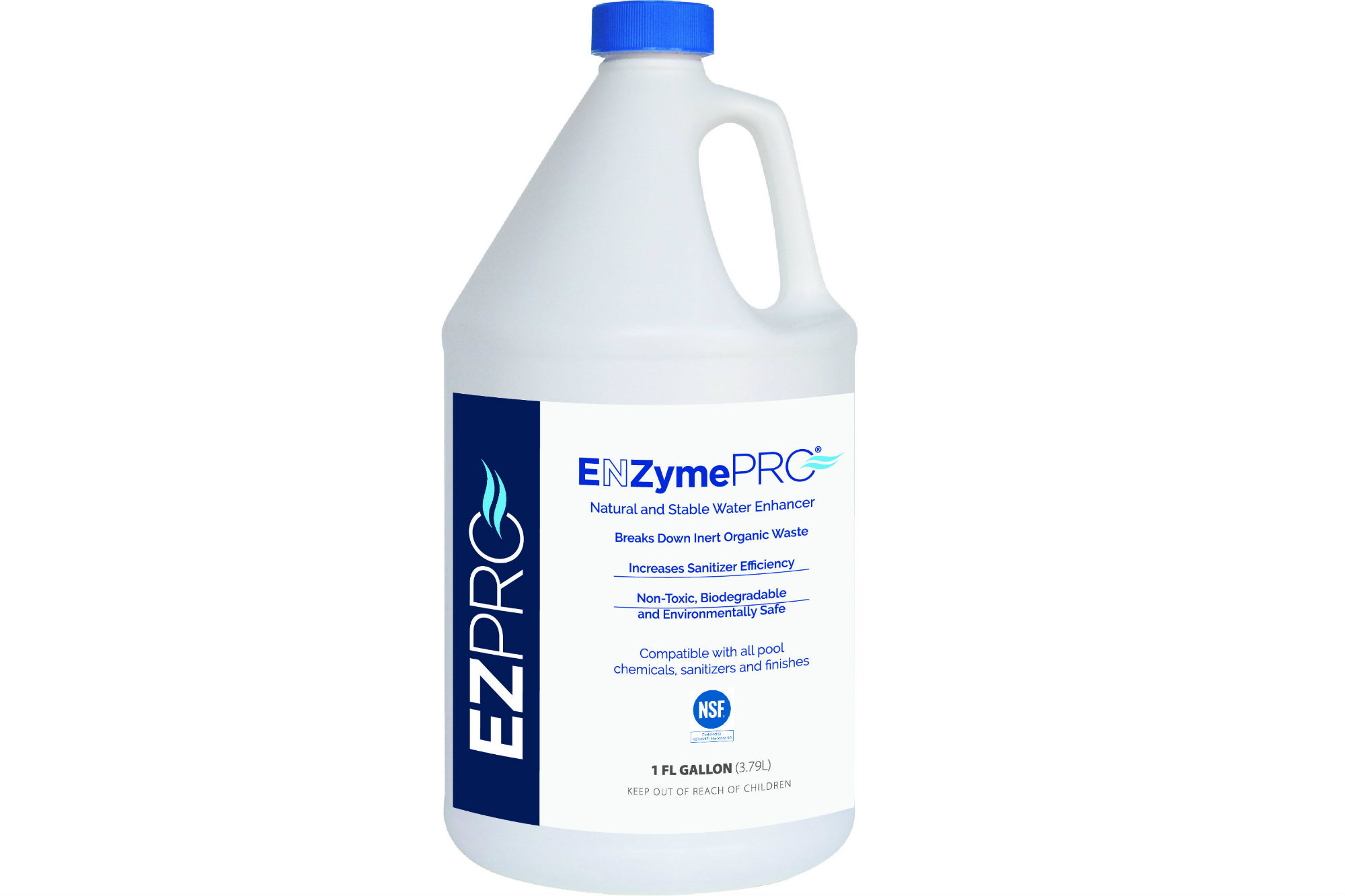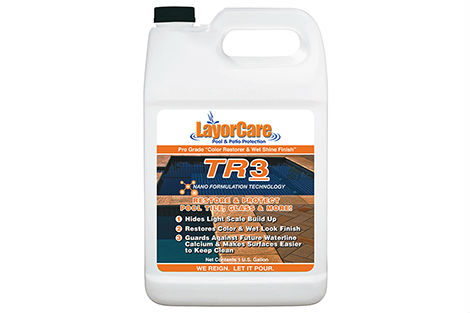The face of Lucite to the hot-tub industry, Chris Robinson, retired at the end of 2018.
He served as business manager of Lucite Sheet for approximately 15 years, bringing his total tenure in the acrylic sheet business to approximately 32 years.
But he actually began by working for a sister company of Lucite, which at the time was owned by DuPont. Right out of college, with his bachelors degree in mechanical and industrial engineering from Clarkson University, and an MBA from Rensselaer Polytechnic Institute, Robinson joined Remington Firearms, also owned by DuPont, in 1980.
When he came onto the spa side a few years later, he met the excitement of working in a relatively new industry. “Though there’d been round tubs in California Wine Country for a while, they really weren’t an appliance or fixture for home use,” Robinson says. “So in the mid-to-late 1980s, it was still a new industry, and that was kind of fun. And it never lost its excitement.”
At first he served in sales management and marketing roles, and worked a two-year stint in London. When he took the position as head of the spa and bath business, he placed an emphasis on globalizing the operation so it now does business on all seven continents.
Robinson’s sales management duties will be absorbed by Brent Long, director, spa and bath business, who had spent the past 20 years at Lucite International before monomer producer Plaskolite purchased it from Mitsubishi Chemical Corp. last year.
Robinson will remain chairman of the International Hot Tub Association until a replacement is determined.
Long credited Robinson’s work with IHTA for helping promote the hot tub industry.
“I think, from an acrylic-manufacturer perspective, he was a very engaged participant in helping both the spa manufacturers and their dealer networks to ensure that the IHTA would be a big contributor in helping make sure there were no unreasonable constraints put on the business,” he said.
He also said Robinson’s leadership of Lucite helped boost innovation and elevate the quality of its product and dealers.
“He wanted to ensure that we would be working with customers that aligned with these values,” he added.
In addition, Robinson was largely responsible for the acrylic producer’s advancements in color innovation. This was deliberate, as the company hired color consultants and was a member of the Color Marketing Group, an organization that identifies and sets color trends for various industries.
While Robinson leaves the spa and bath business much more evolved than when he entered, there’s still work, he says. “Perhaps it’s a maturing product, but it’s still an exciting category. We’re nowhere near the penetration we should be. And it still has plenty of smart and great people,” he says.




